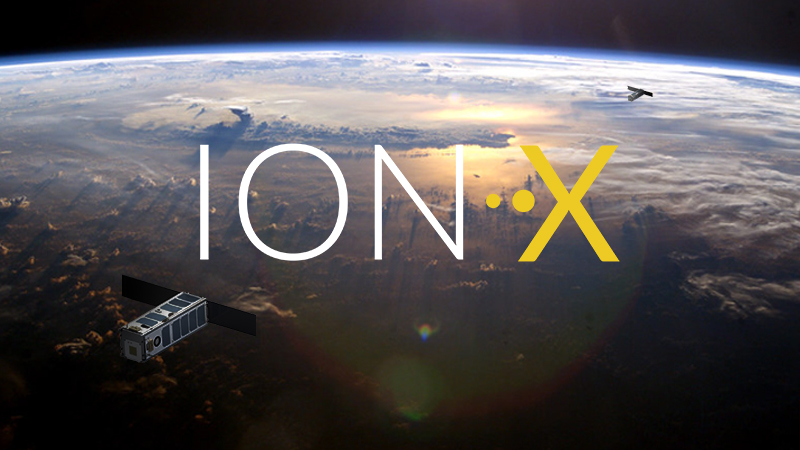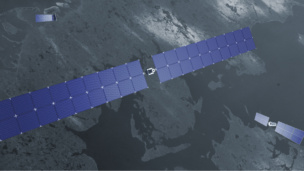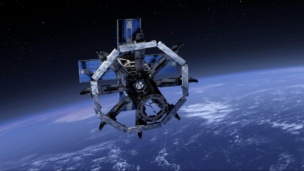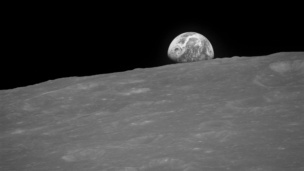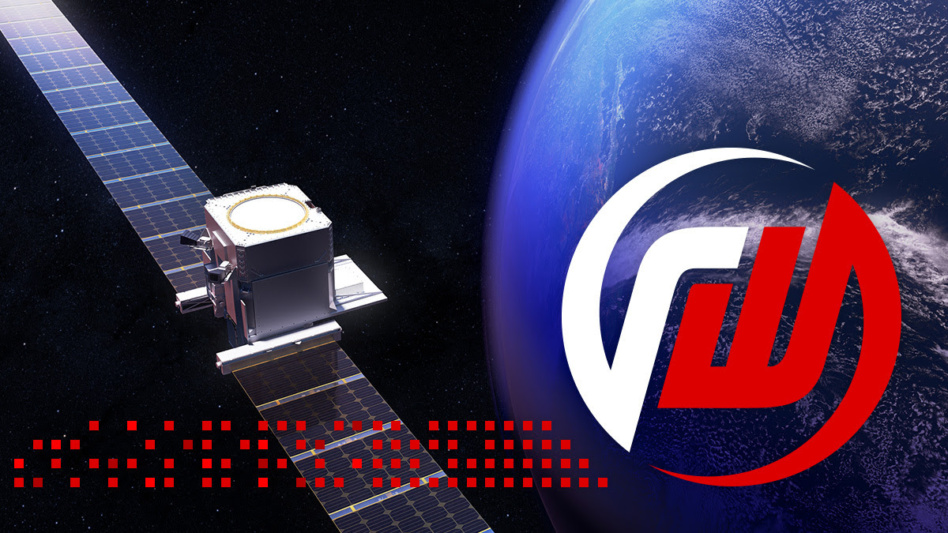French startup ION-X has raised €3.8M ($4.1M) to fund further R&D and field a demo mission of its scalable small satellite propulsion system. Joining the round:
- Bpifrance, the French public investment bank.
- TF Participations, the investment arm of deeptech startup studio TechnoFounders.
- Geodesic, an investment vehicle that will make way for the future Expansion fund, a €300M pot for European aerospace and defense startups.
ION-X will tap the new funds to hire additional engineers dedicated to the design of what it calls “a new kind of small satellite thruster.” The company expects this will accelerate the development of a flight model that will be launched on a demonstration mission towards the end of 2023. It will also allow the company to enter the first phases of commercialization.
The tech: ION-X says its ionic liquid electrospray thrusters are poised to be a disruptive force, offering unmatched thrust and ISP with a 30% lower fuel consumption compared to other thrusters in this class. The system is based on a 1U (10cm x 10cm x10cm) module that can be stacked to answer more complex mission requirements.
